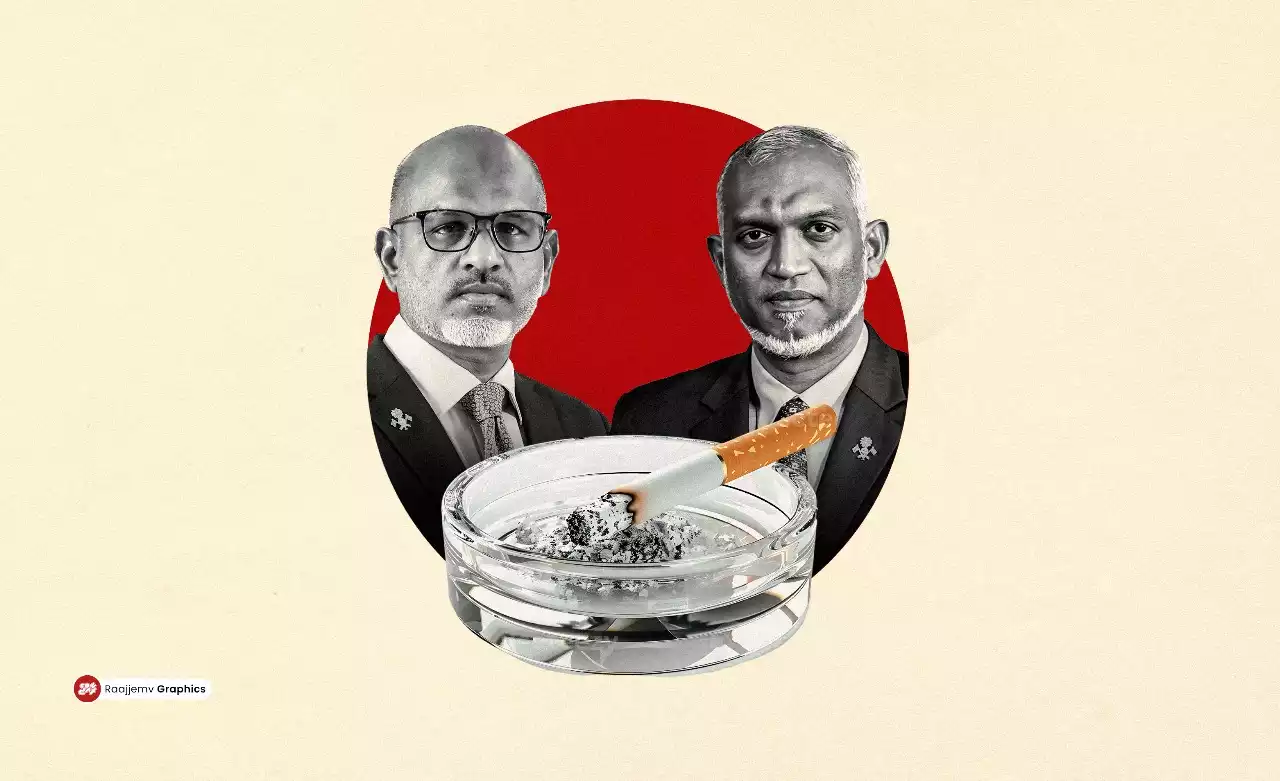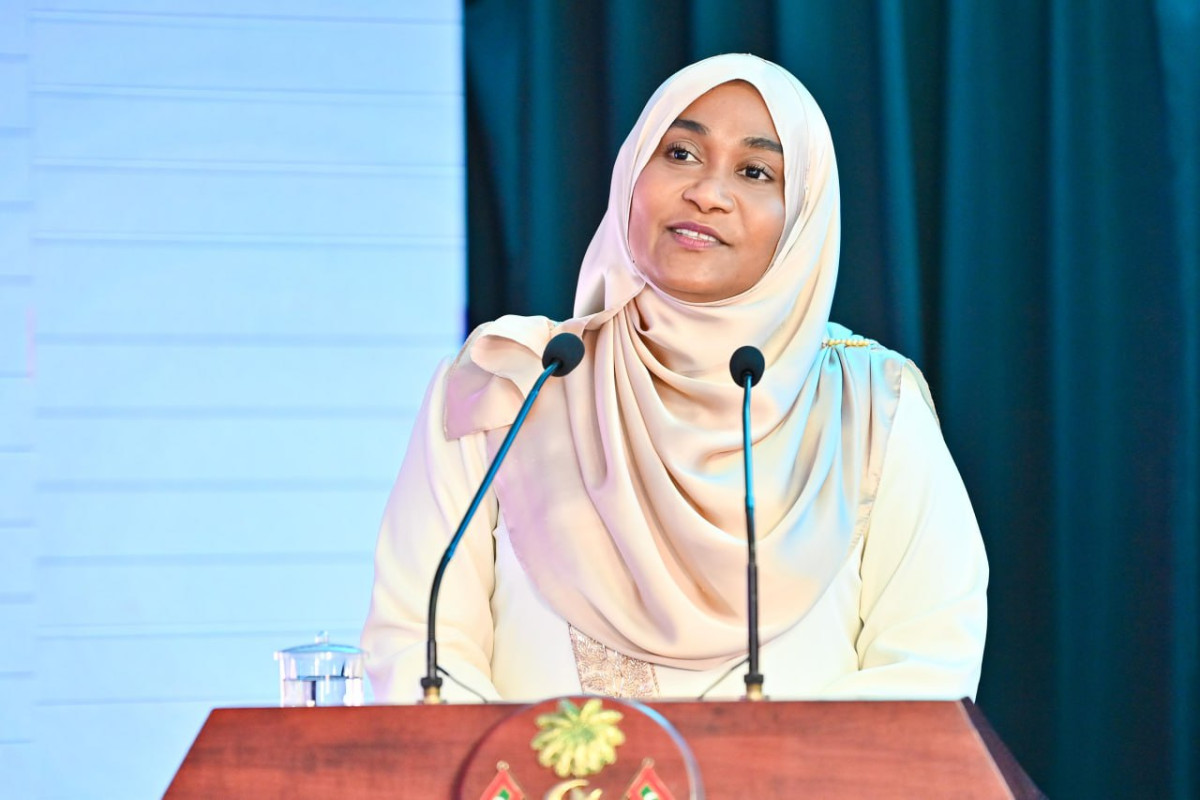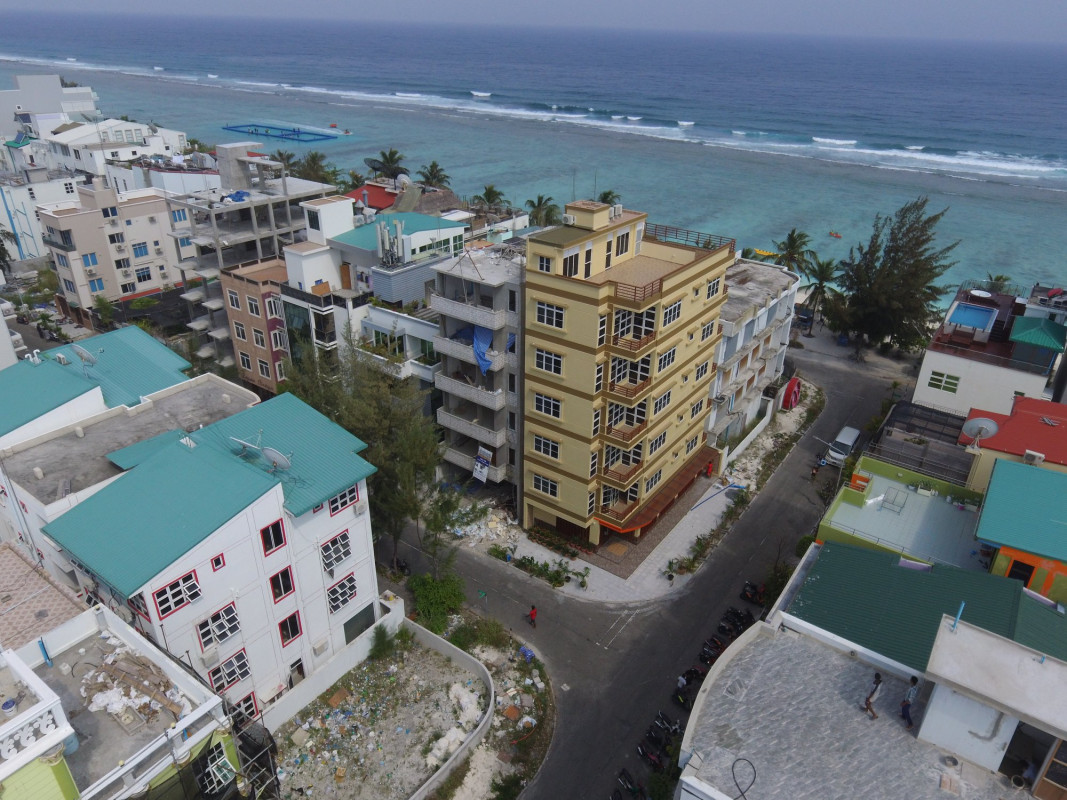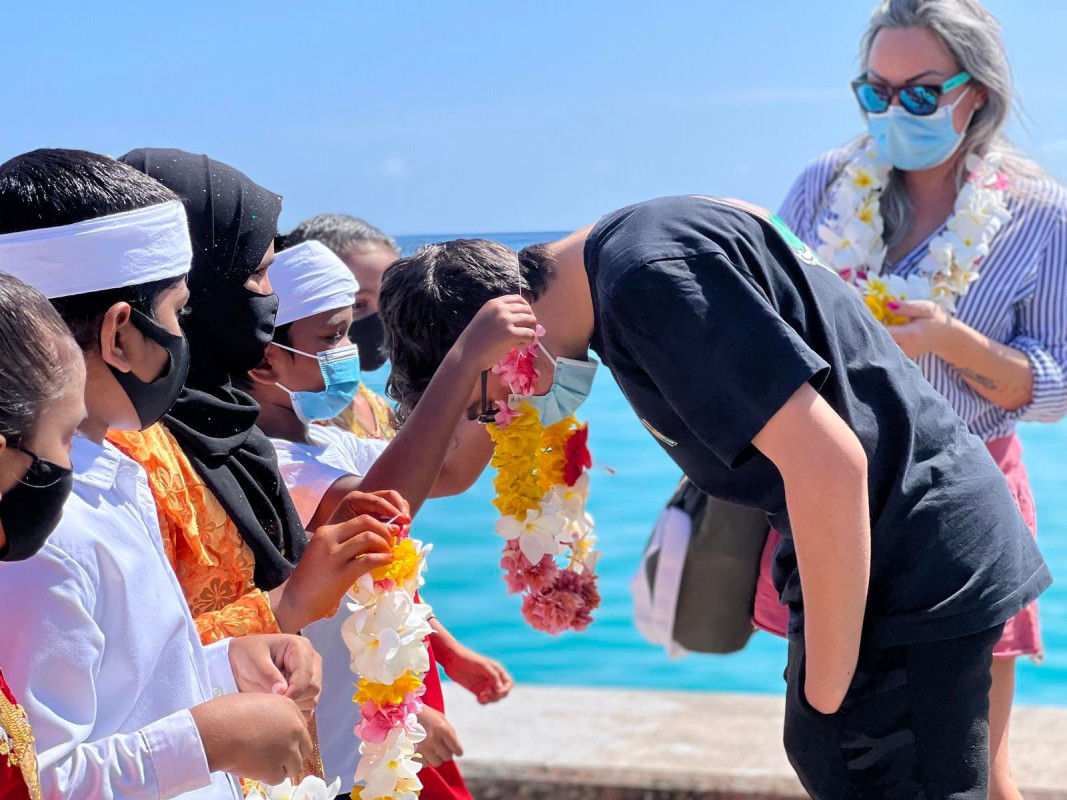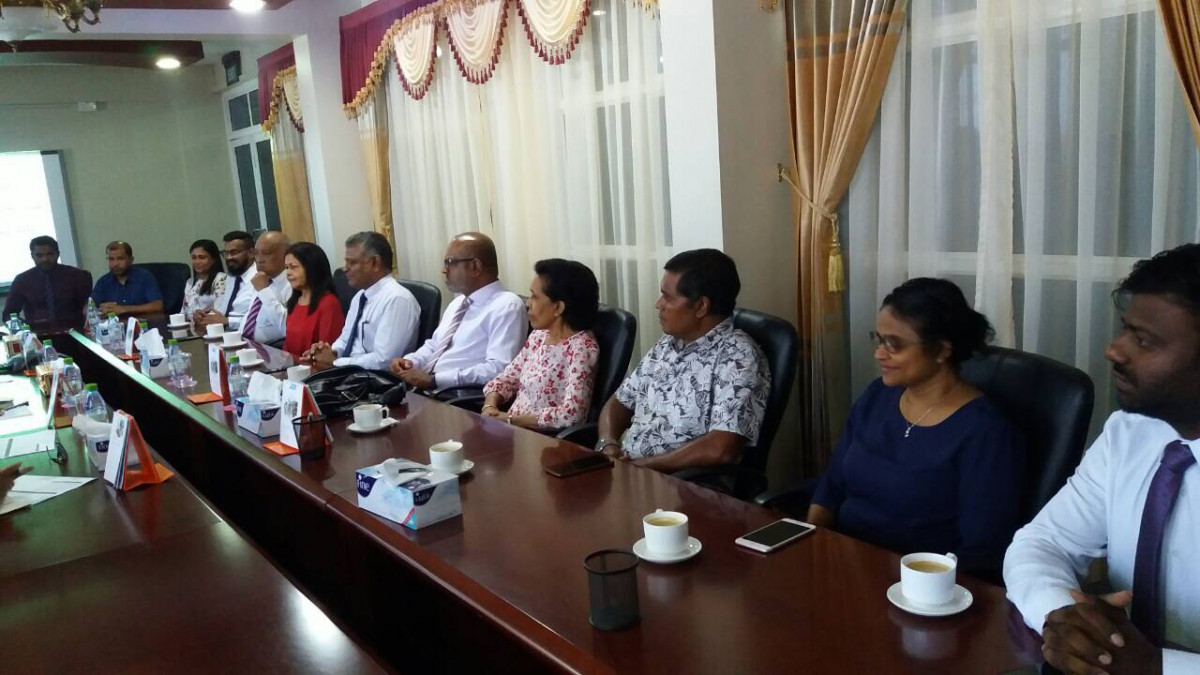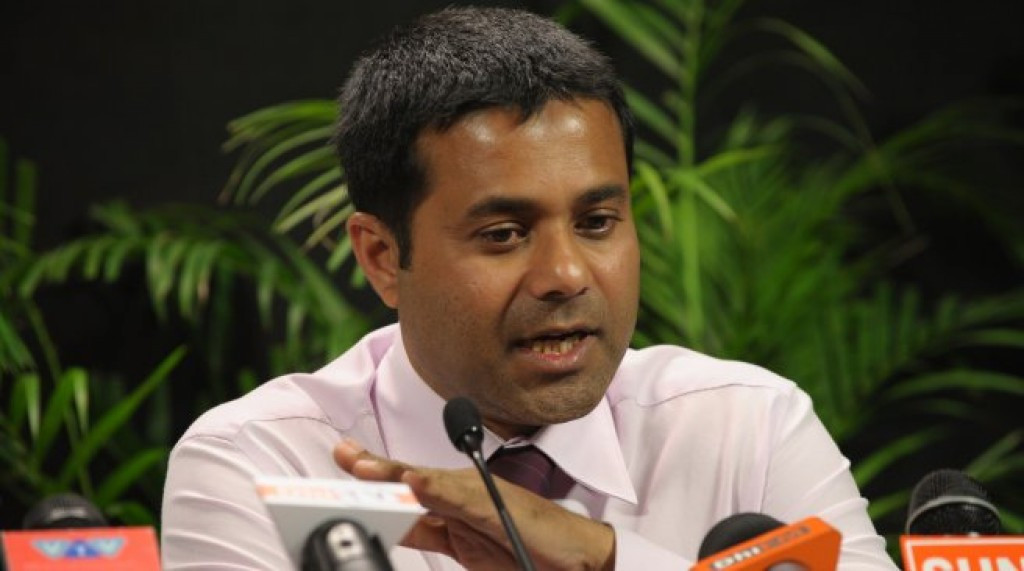Majlis committee to review issue of resorts dumping waste into the ocean
Committee to host meetings with environment and tourism stakeholders to resolve waste management issue
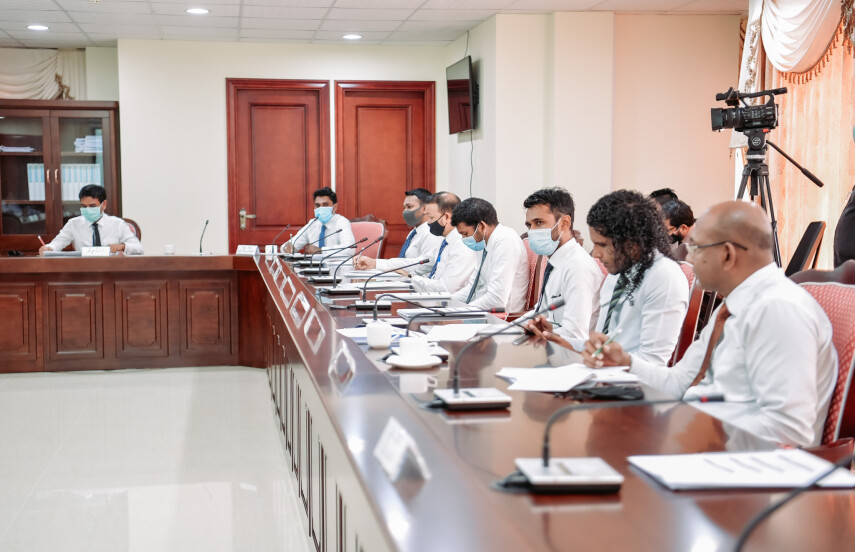
(File photo) from a meeting of the Committee on Environment and Climate Change
The Parliamentary Committee on Environment and Climate Change is set to review the issue of resorts dumping waste into the oceans, as well as discuss developing a Natural Gas Station in the Maldives using funds from Asian Development Bank (ADB).
The decision to convene for these sessions were made at the first meeting of the Committee on Environment and Climate Change for the year 2021 held on Saturday.
The People's Majlis has announced that the Committee has decided to call on stakeholders across the environment and tourism spheres including the Ministry of Environment, Environmental Protection Agency (EPA), Ministry of Tourism, Waste Management Corporation (WAMCO) and the Maldives Association of Tourism Industry (MATI) for discussions to resolve the issue of resorts illegally dumping waste into the ocean.
In addition to this, the Committee will also convene to discuss the development of a Natural Gas Station in the Maldives using funds from the Asian Development Bank (ADB) with the Ministry of Environment, Ministry of Economic Development, Utility Regulatory Authority, FENAKA Corporation, STELCO and environmental analysts to assess the feasibility of the project.
Marine scientists from Flinders University in Australia recorded the levels of microplastic pollution found in sands along Maldivian coasts are among the highest in the world, with the average samples recording 822-197 microplastics per kilogram.
Professor Karen Burke Da Silva, who participated in the research, said that one of the main reasons why microplastics pollution in the Maldives was so high was because of the lack of a proper waste management system in the country. She highlighted that the amount of waste being produced in the country had increased by 58 percent over the last 10 years, and said that marine organisms would begin to suffer negative effects if a sustainable solution was not found soon.
Scientists all over the world continue to stress the importance of sustainable, long-term plans for disposing of waste due to the severe threat of microplastics pollution and harmful waste management policies on biodiversity and human health.
The Environment Minister, Dr. Hussain Rasheed Hassan said that the main reason Maldives records the highest rate of microplastics pollutions in the world is due to the lack of a proper waste management system in the country, and that creating a solution to the waste management problem in the country was one of the ministry's highest priorities at the time. However, many people think that while efforts are underway to resolve this issue and protect our environment and our seas, work is not progressing as fast as it should considering the critical nature of the problem.
In December 2020, President Ibrahim Mohamed Solih approved a plan to ban the import of single-use plastics to the Maldives starting from June 2021, publicizing a list of goods classified as SUPs which will be banned from import when the plan comes into effect.
